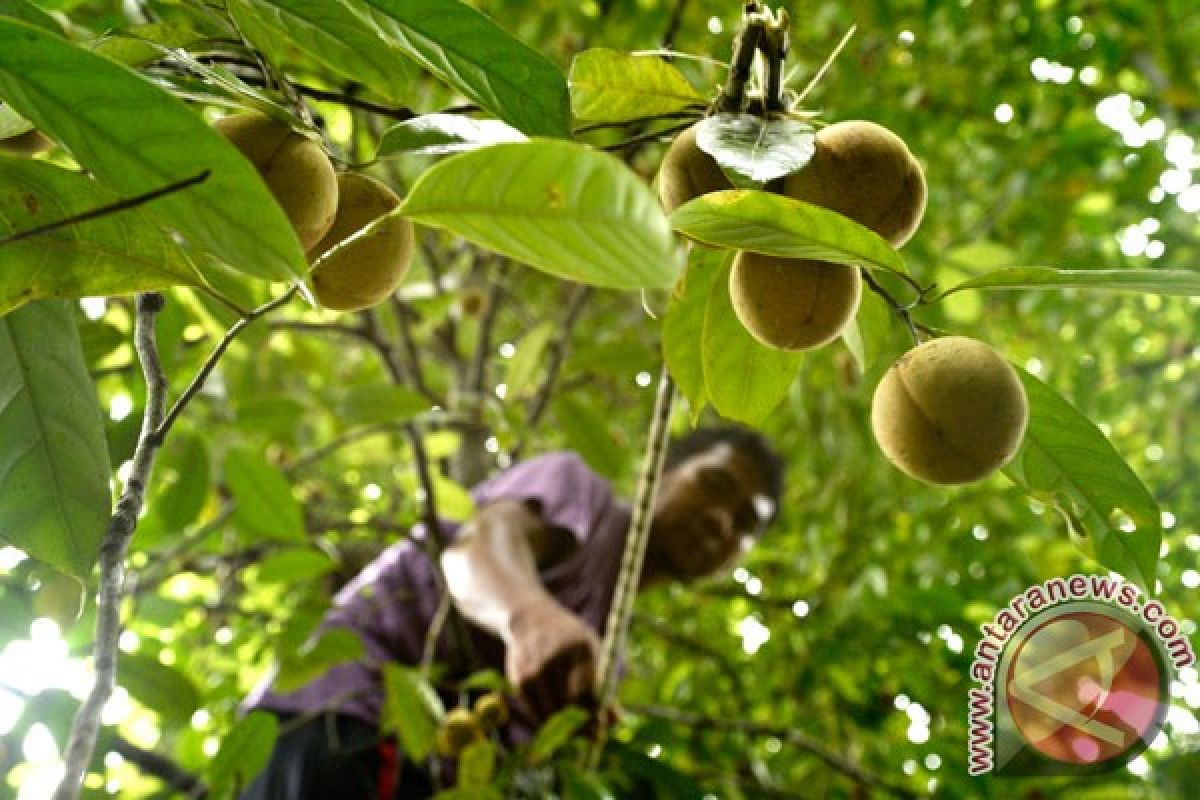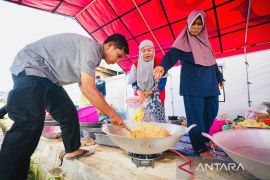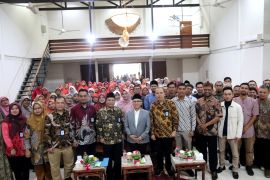Intermediate monitoring at a number of purchase centers for plantation commodities in Ternate on Saturday showed that the prices of plantation commodities which experienced price increases after the weakening of the Rupiah received by the US dollar included nutmeg mace.
The price of mace nutmeg in Ternate, which had been the highest at Rp130 thousand per kg, since the past week has jumped to Rp162 thousand per kg, as well as cloves that have begun to move to Rp95,000 per kg, which previously played at Rp80 thousand per kg.
One of the buyers of plantation commodities in Ternate, Joni admitted, the increase in prices of plantation commodities was mainly nutmeg mace because in addition to increasing demand from inter-island regions, such as Surabaya, East Java was also due to the influence of the weakening of the Rupiah against the US Dollar.
Plantation commodities are generally exported to various countries, so exporters want to buy at a higher price because they get a greater profit from exports which are all paid in dollars.
"The weakening of the Rupiah against the US Dollar does have a negative influence on the national economy, but for plantation commodities that are marketed abroad, it actually benefits because the price becomes higher after the Rupiah is calculated," he said.
Other plantation commodities in North Maluku which also began to show price increases were cocoa from Rp20,000 per kg to Rp23,000 per kg and copra from Rp4500 thousand per kg to Rp5,800 per kg, but specifically for nutmeg seeds still survived at Rp60,000 per kg .
One of the nutmeg farmers in Ternate, Hamdan hoped that the prices of plantation commodities, especially nutmeg mace, which now reached Rp160 thousand per kg could survive like that, even if it could be even higher even though the rupiah would later strengthen again, so that the farmers were more prosperous. *** 3 * ** (E002)
Reporting by La Ode Aminuddin
Editing by Eliswan
Reporter: antara
Editor: Heru Purwanto
Copyright © ANTARA 2018












